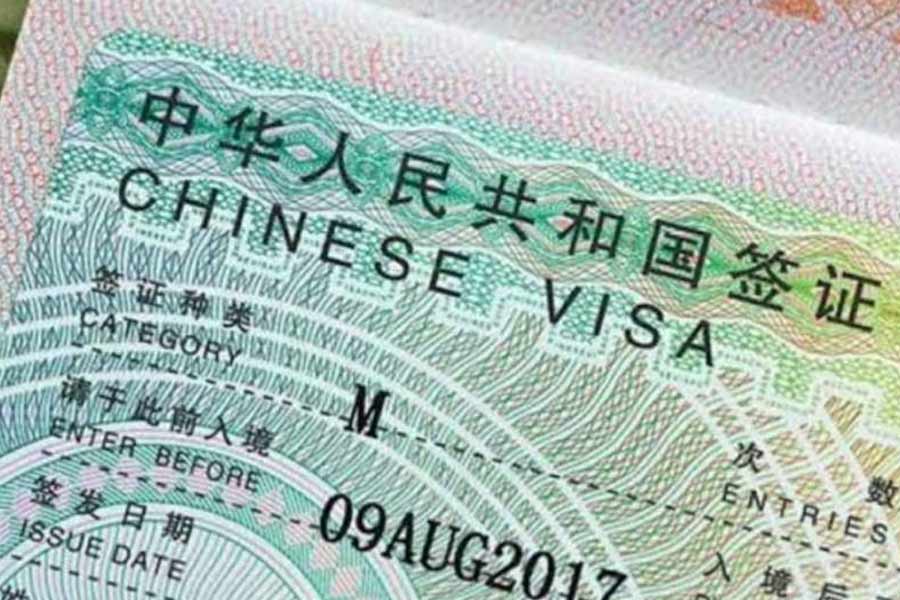Chinese Ambassador to India Xu Feihong has encouraged more Indian travellers to visit China, describing the country as “open, safe, and friendly,” and said that the .
“As of April 9, 2025, the Chinese Embassy and Consulates in India have issued more than 85,000 visas to Indian citizens travelling to China this year. Welcome more Indian friends to visit China, experience an open, safe, vibrant, sincere and friendly China,” said Chinese Ambassador Xu Feihong in a post on X.
As reported by NDTV, Chinese authorities have implemented several major initiatives to boost travel:
No online appointment needed: Applicants can now walk into visa centres on working days without booking an online appointment in advance.
Biometric exemption: Short-term visitors are no longer required to submit biometric data, helping to speed up the application process.
Lower visa fees: Chinese visa costs have been reduced, making trips more affordable.
Faster processing: Streamlined procedures have shortened visa processing times, benefiting both tourists and business travellers.
Tourism promotion: China is actively promoting its destinations to Indian tourists, highlighting cultural festivals, seasonal attractions, and iconic sites.
Despite ongoing tensions in India-China diplomatic ties —due to the persistent military standoff along the Line of Actual Control (LAC) — this gesture may be seen as an exercise in soft power, aimed at signalling goodwill and openness toward India.
The development also comes following recent tariff hikes by US President Donald Trump. The United States has imposed increased tariffs on Chinese goods, escalating friction with one of its largest trading partners and chief economic competitors.
In response, China had called on India to oppose what it terms “the US abuse of tariffs.” On April 8, Chinese Embassy spokesperson Yu Jing criticised the US measures, highlighting China’s economic resilience, innovation, and manufacturing strength as contributors to global economic growth.
Yu emphasised the importance of China-India cooperation in the face of these trade challenges. She noted that as the world’s two largest developing economies, India and China share complementary trade interests and should work together to counteract the impact of US tariff policies.










